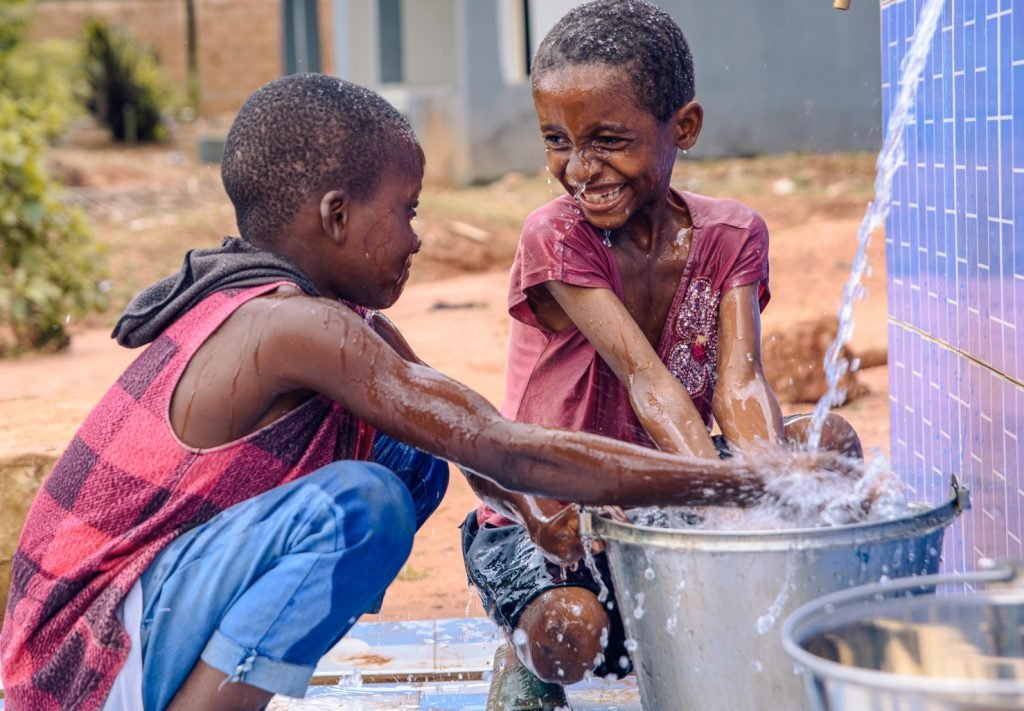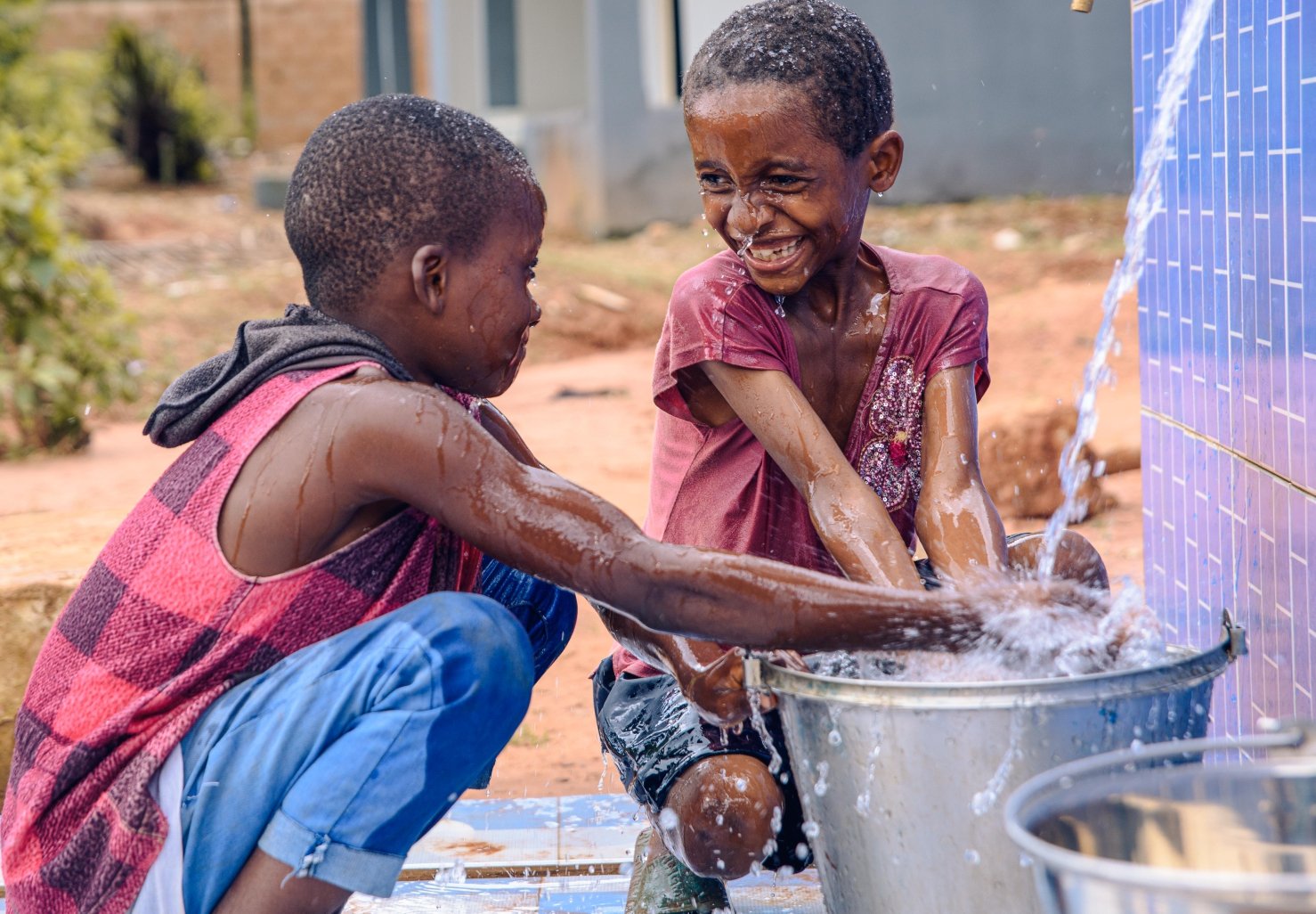Kenny Folarin, Abuja
With less than a decade to achieve the 2030 target for SDG 6- clean water and sanitation for all, the Country Director, WaterAid Nigeria, Evelyn Mere has charged the Nigerian Government to expedite actions to invest and implement right Water, Sanitation and Hygiene (WASH) policies in the country.
Mere, in a press release stated that in Nigeria, basic drinking water coverage rose from 43 per cent in 2000 to 73 per cent in 2020. Yet, the is mid-way through the Sustainable Development Goals (SDGs) and progress is still unacceptably slow.
She explained that the next decade will see a continued rise in population and rural-urban migration. Climate change, political instability, disease outbreaks and economic downturns pose additional threats to health, water security, food security, the economy, gender equality and social development.
Mere added that progress to achieve SDG6 is too slow, but there are ways to accelerate change – by implementing the right WASH policies in government and investing in WASH.

“With only seven years to deliver on Sustainable Development Goal 6- clean water and sanitation for all. WaterAid is calling on the government to make WASH a top national priority, champion an inspirational vision and drive institutional reform that has results at all levels”.

She further explained that situation where only 10% of Nigerians have access to basic WASH, 67% use basic drinking water services and per capita volume of water available to our rural population daily is 10 Liters, 40 liters less than the UN accepted standard, is unacceptable and requite urgent action to accelerate change.
“Now is the time to put in place the necessary policies to get back on track and accelerate progress towards universal access by 2030. Governments must lead the way and international organisations, communities, donors and business must play their part.”
Through a recent partnership with PepsiCo Foundation, WaterAid is also targeting the improvement of public health in Lagos State. The project in Lagos State, will see about 173,000 people gain access to sustainable water and sanitation services and hygiene behaviour change interventions.



